Home>Garden Essentials>What Are Hybrid Seeds
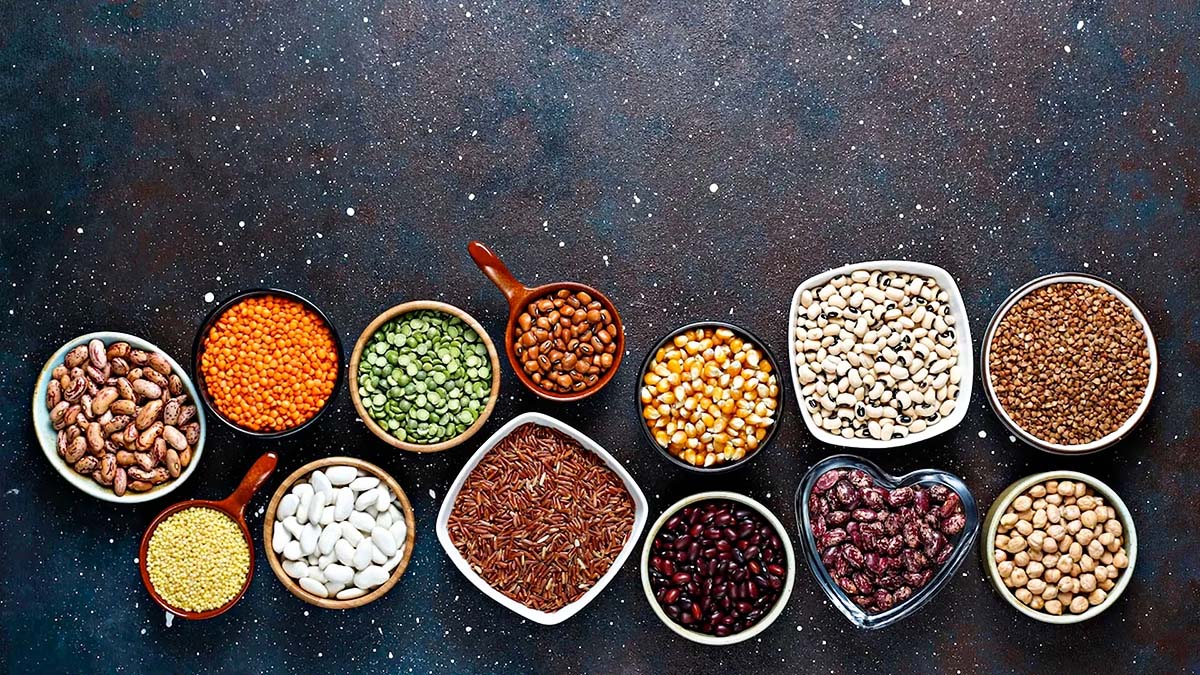

Garden Essentials
What Are Hybrid Seeds
Modified: October 20, 2024
Discover the benefits of using hybrid seeds in your garden for better yield, disease resistance, and improved plant characteristics. Learn more about hybrid seeds and how they can enhance your gardening experience.
(Many of the links in this article redirect to a specific reviewed product. Your purchase of these products through affiliate links helps to generate commission for Storables.com, at no extra cost. Learn more)
Introduction
Welcome to the fascinating world of gardening and seed cultivation! If you’re an avid gardener or a beginner looking to start your own garden, understanding the different types of seeds available is essential. One type of seed that has gained popularity in recent years is hybrid seeds.
Hybrid seeds, also known as F1 seeds, are the result of crossing two different varieties of plants with desirable traits. These traits can include increased yields, disease resistance, enhanced flavor, and improved adaptability to specific growing conditions. The process of creating hybrid seeds involves carefully selecting and cross-breeding plants to produce offspring with the desired traits.
Hybrid seeds have revolutionized the agricultural and gardening industries by combining the best characteristics of different parent plants. In this article, we will delve deeper into the world of hybrid seeds, exploring their definition, benefits, creation process, common types, and the controversies surrounding them.
Whether you’re a home gardener looking to boost your harvest or a farmer seeking better crop performance, understanding hybrid seeds can help you make informed decisions about your gardening practices. So, let’s dive in and explore the wonderful world of hybrid seeds!
Key Takeaways:
- Hybrid seeds are like plant superheroes, combining the best traits from different plants to give us more food, better flavors, and stronger plants. But they can also make us rely too much on just a few types of seeds.
- Hybrid seeds are like the cool kids in the garden, with their fancy traits and high yields. But they also come with a price tag and can limit the variety of plants we grow, which might not be good for the long-term health of our gardens.
Definition of Hybrid Seeds
Hybrid seeds, also referred to as F1 seeds, are the offspring resulting from the controlled cross-pollination between two different parent plants. These parent plants are carefully selected for their desirable traits, such as disease resistance, improved yield, flavor, or specific characteristics like color or size.
The process of creating hybrid seeds involves carefully hand-pollinating one plant variety, known as the female parent, with pollen from another plant variety called the male parent. The resulting hybrid seed inherits traits from both parents, often resulting in superior qualities compared to the parent plants.
Hybrid seeds are typically labeled with the designation “F1,” which stands for the first filial generation. This signifies that the seed is a result of the first cross between the selected parent plants. However, it’s important to note that hybrid seeds cannot reproduce consistently when planted, meaning the seeds produced by the hybrid plants will not have the same traits as the parent hybrid plants.
One key point to understand about hybrid seeds is the phenomenon known as hybrid vigor or heterosis. Hybrid vigor refers to the improved growth, yield, and overall performance of hybrid plants compared to their parent plants. This is because the crossing of genetically diverse parent plants results in offspring with hybrid vigor, meaning they possess traits that are often more robust, productive, and resistant to diseases and pests.
Overall, hybrid seeds are specifically bred to combine the best traits of different parent plants, resulting in improved characteristics that make them highly desirable in the gardening and agricultural industries.
Benefits of Hybrid Seeds
Hybrid seeds offer several advantages that have made them a popular choice among gardeners and farmers. Here are some of the key benefits of using hybrid seeds:
1. Increased Yield: One of the primary advantages of hybrid seeds is their ability to produce higher yields compared to open-pollinated seeds. The careful selection and cross-breeding of parent plants with desirable traits result in offspring that have enhanced productivity. This can be particularly beneficial for farmers looking to maximize their crop production and increase profitability.
2. Disease Resistance: Hybrid seeds are often bred to possess resistance or tolerance to specific diseases and pests. This can help reduce the reliance on chemical pesticides, making them an environmentally-friendly option. Disease-resistant hybrids have the potential to minimize crop loss and ensure more successful harvests, providing greater food security.
3. Uniformity: Hybrid seeds produce plants that are more genetically uniform compared to open-pollinated seeds. This means that the plants will have consistent characteristics such as height, size, color, and maturity time. This uniformity is particularly advantageous for commercial farmers who require consistent crops for marketability and efficient harvesting.
4. Adaptability: Hybrid seeds are bred to be adaptable to a wide range of environmental conditions. This means they can thrive in different climates, soil types, and growing conditions. These adaptable qualities make hybrid seeds a valuable option for gardeners and farmers who may face varying climatic conditions and challenges.
5. Improved Quality: Hybrid seeds often produce plants with improved quality attributes such as flavor, texture, appearance, and shelf life. These improved characteristics make them more appealing to consumers and increase their market value.
6. Enhanced Crop Performance: Hybrid plants often exhibit better plant vigor and growth compared to their parent plants. This improved performance can result in healthier and more productive plants, leading to larger and higher-quality harvests.
7. Efficiency in Time and Space: The predictable traits and uniformity of hybrid plants make them easier to manage and cultivate. This contributes to increased efficiency in terms of space utilization, as plants can be planted in a more organized and optimized manner. Additionally, the uniformity of growth and maturity allows for easier harvesting and planning.
While hybrid seeds offer numerous benefits, it’s important to note that they do have limitations. For example, hybrid seeds cannot be saved and replanted as they will not produce offspring with the same desired traits, meaning farmers and gardeners need to purchase new seeds each season. Additionally, the cost of hybrid seeds can be higher compared to open-pollinated seeds. However, considering the potential benefits and improved yields, many find that the investment is worthwhile.
Overall, hybrid seeds continue to play a significant role in modern agriculture and gardening, offering a range of advantages that contribute to increased productivity and improved crop quality.
How Hybrid Seeds are Created
The creation of hybrid seeds involves a meticulous process of controlled cross-pollination between two different parent plants. This process is carefully conducted to ensure the desired traits are inherited in the offspring. Here is a step-by-step explanation of how hybrid seeds are created:
1. Selection of Parent Plants: The first step in creating hybrid seeds is to carefully select the parent plants. Plant breeders choose plants with desirable traits such as disease resistance, high yield, specific flavor, or other characteristics that are sought after in the market. One plant is chosen as the female parent, and the other as the male parent.
2. Emasculation: In the next step, the male flowers of the female parent plant are removed to prevent self-pollination. This process, known as emasculation, ensures that the female parent will only receive pollen from the selected male parent.
3. Pollen Collection: Once emasculation is complete, the male flowers from the selected male parent plant are carefully collected. These flowers contain the pollen that will be used to fertilize the female parent.
4. Pollination: The collected pollen from the male parent is then applied to the stigma of the emasculated female parent. This process is known as pollination. The pollen grains land on the stigma, travel down the style, and fertilize the ovules in the ovary, leading to seed development.
5. Isolation: To prevent accidental pollination from other plants, the hybridizing plants are often isolated from other plant varieties. This can be done using physical barriers like nets or by growing them in separate greenhouses. Isolation ensures that only the desired cross-pollination takes place.
6. Seed Development: After successful pollination, seed development begins. The fertilized ovules in the ovary of the female parent plant develop into seeds. These seeds are the hybrid seeds and will inherit traits from both parents.
7. Seed Harvesting: Once the hybrid seeds have matured, they are carefully harvested. The seeds are collected, cleaned, and dried to ensure their viability and longevity.
8. Commercial Production: After harvesting, the hybrid seeds are typically sold by seed companies for commercial use. These seeds are meticulously processed, packaged, and distributed to farmers, gardeners, and other seed users.
It’s important to note that the process of creating hybrid seeds requires specialized knowledge and expertise. It can take several years of selective breeding and cross-pollination to develop hybrids with the desired traits. As a result, the creation of hybrid seeds is often undertaken by professional plant breeders who have the necessary skills and experience.
By crossing genetically diverse parent plants, hybrid seeds combine the best traits of each parent, resulting in improved characteristics in the offspring. This careful and controlled process ensures that hybrid seeds provide a consistent and reliable option for gardeners and farmers seeking enhanced plant performance and productivity.
Common Types of Hybrid Seeds
Hybrid seeds are available for a wide range of plants, including vegetables, fruits, flowers, and even ornamental plants. Here are some of the common types of hybrid seeds that you may come across:
1. Hybrid Vegetable Seeds: Hybrid vegetable seeds are widely popular among gardeners and farmers due to their improved qualities. Common hybrid vegetable seeds include tomatoes, peppers, cucumbers, lettuce, carrots, and zucchini. These hybrid varieties often exhibit traits such as disease resistance, higher yield, uniformity in size and shape, enhanced flavor, and extended shelf life.
2. Hybrid Fruit Seeds: Hybrid fruit seeds are developed to produce fruits with desirable traits, including improved taste, higher yield, disease resistance, and longer storage life. Examples of hybrid fruit seeds include watermelon, cantaloupe, strawberries, apples, and cherries. These hybrids often have characteristics such as increased sweetness, larger size, better color, and improved texture.
3. Hybrid Flower Seeds: Hybrid flower seeds are popular among gardeners looking to create stunning and vibrant flower beds. These hybrids typically exhibit traits such as vibrant colors, larger blooms, longer-lasting flowers, and disease resistance. Some common hybrid flower seeds include petunias, marigolds, zinnias, roses, and sunflowers.
4. Hybrid Corn Seeds: Hybrid corn seeds are widely used in commercial agriculture due to their high yield potential and disease resistance. These hybrids are carefully bred to produce ears with larger, more uniform kernels, improved taste, and better resistance to pests and diseases.
5. Hybrid Wheat Seeds: Hybrid wheat seeds are bred to enhance productivity, disease resistance, and adaptability to various climate conditions. These hybrids often exhibit traits such as higher yield potential, improved grain quality, and resistance to common wheat diseases.
6. Hybrid Ornamental Plant Seeds: Hybrid ornamental plant seeds are developed to create visually appealing and unique flowering plants, shrubs, and trees. These hybrids often have distinctive features such as variegated foliage, new color combinations, unique patterns, and enhanced growth characteristics.
It’s worth noting that the availability of hybrid seed varieties may vary depending on the region, climate, and specific gardening preferences. Additionally, new hybrid varieties are continuously being developed as plant breeders strive to enhance the qualities and performance of various plant species.
When selecting hybrid seeds, it’s essential to consider factors such as gardening goals, growing conditions, and personal preferences. Reading seed catalogs, consulting with local nurseries or gardening experts, and conducting research can help you choose the most suitable hybrid seed varieties for your specific needs.
Hybrid seeds offer gardeners and farmers the opportunity to cultivate plants with improved qualities, providing better yields, disease resistance, and overall performance. Incorporating hybrid seeds into your gardening endeavors can help you achieve a more successful and rewarding gardening experience.
Hybrid seeds are created by cross-breeding two different varieties of plants to produce offspring with specific desired traits, such as disease resistance or higher yield. They are often used in commercial agriculture for their improved characteristics.
Read more: What Happens If You Plant Hybrid Seeds
Differences between Hybrid Seeds and Open-Pollinated Seeds
When it comes to choosing seeds for your garden, it’s important to understand the differences between hybrid seeds and open-pollinated seeds. Both types have their own characteristics and advantages. Here are the key differences between hybrid seeds and open-pollinated seeds:
1. Genetic Diversity: One of the main distinctions between hybrid seeds and open-pollinated seeds is their genetic diversity. Hybrid seeds are the result of controlled cross-pollination between two different parent plants with specific traits. This crossing creates a hybrid plant that possesses traits from both parents. In contrast, open-pollinated seeds are produced through natural pollination, allowing for genetic variability and diversity within the same plant variety.
2. Uniformity: Hybrid seeds tend to produce plants that are more uniform compared to open-pollinated seeds. This uniformity in traits, such as plant height, size, color, and maturity time, can be beneficial for commercial farmers who require consistency for marketability and efficient harvesting. Open-pollinated seeds, on the other hand, can exhibit more variation within the same variety, which can be desirable for gardeners seeking a diverse range of plants.
3. Yield and Performance: Hybrid seeds are often bred to provide higher yields and improved performance compared to open-pollinated seeds. The careful selection and cross-breeding of parent plants in hybrids result in offspring with enhanced productivity and desirable traits like disease resistance. Open-pollinated seeds can still produce productive plants, but they may be more variable in terms of yield and performance.
4. Seed Saving: Another significant difference between hybrid and open-pollinated seeds is the ability to save and replant seeds. Open-pollinated seeds can be saved and planted in subsequent seasons, as they will produce offspring with similar traits to the parent plants. This allows gardeners to maintain a self-sustaining seed supply. In contrast, hybrid seeds cannot be reliably saved and replanted, as the offspring will not have the same desirable traits as the parent hybrid plants. This means that farmers and gardeners need to purchase new hybrid seeds each season.
5. Availability: Hybrid seeds are generally more readily available in the market compared to open-pollinated seeds. This is because hybrid seeds are often developed and produced by seed companies to meet the demand for specific traits and improved performance. Open-pollinated seeds, though widely available, may have a narrower range of varieties and may require more effort to find specific traits or rare varieties.
6. Cost: Hybrid seeds are typically more expensive compared to open-pollinated seeds. This is partly due to the research and development required to produce hybrids and their perceived value in terms of higher yields and desirable traits. Open-pollinated seeds, being simpler to produce, tend to be more affordable, making them a cost-effective option, especially for home gardeners on a budget.
It’s important to note that both hybrid seeds and open-pollinated seeds have their place in gardening and agriculture. Hybrid seeds are often favored for their improved characteristics and higher yields, while open-pollinated seeds offer genetic diversity and the ability to save and replant seeds. The choice between the two depends on individual preferences, specific gardening goals, and the intended use of the seeds.
Ultimately, whether you opt for hybrid seeds or open-pollinated seeds, both can contribute to a successful and fulfilling gardening experience.
Advantages and Disadvantages of Hybrid Seeds
Hybrid seeds have gained popularity in the gardening and agricultural industries for their numerous advantages. However, they also come with certain disadvantages. Here, we will explore the advantages and disadvantages of hybrid seeds:
Advantages of Hybrid Seeds:
1. Increased Yield: Hybrid seeds are specifically bred to produce higher yields compared to their parent plants. This increased productivity can be beneficial for both gardeners and farmers, allowing them to maximize their harvest and meet market demands.
2. Disease Resistance: Hybrid seeds are often developed for their disease-resistant traits, providing an effective defense against common plant diseases. This reduces the need for chemical pesticides and promotes more sustainable and eco-friendly cultivation practices.
3. Uniformity: Hybrid seeds generally produce plants that are more uniform in their characteristics, such as size, shape, and maturity time. This uniformity is advantageous for farmers who require consistent crops for efficient harvesting and marketing purposes.
4. Improved Qualities: By combining desirable traits from different parent plants, hybrid seeds often result in improved qualities such as flavor, texture, color, and shelf life. This enhances the overall appeal and market value of the produce.
5. Adaptability: Hybrid seeds are bred to be adaptable to various growing conditions, making them suitable for different climates and regions. Their ability to thrive in diverse environments increases the potential for successful cultivation across a wider geographical range.
Disadvantages of Hybrid Seeds:
1. Cost: Hybrid seeds tend to be more expensive than open-pollinated seeds. The higher cost is due to the research, development, and production processes involved in creating and maintaining hybrid varieties.
2. No Seed Saving: Unlike open-pollinated seeds, hybrid seeds cannot be reliably saved and replanted. The offspring of hybrid plants will not possess the same desired traits as the parent plants, which means farmers and gardeners need to purchase new hybrid seeds for each growing season.
3. Limited Genetic Diversity: Hybrid seeds are the result of controlled cross-breeding between two parent plants, which can limit the genetic diversity within a crop. This reduced genetic diversity may make the plants more susceptible to new diseases or environmental changes that could emerge in the future.
4. Dependence on Seed Companies: Since hybrid seeds cannot be saved and replanted, farmers and gardeners become dependent on seed companies for a consistent supply of hybrid seeds. This reliance on external sources for seeds may impact self-sufficiency and create a reliance on commercial seed producers.
5. Variable Performance: While hybrid seeds generally exhibit improved qualities, their performance can vary depending on environmental conditions and growing practices. For optimal results, specific management techniques may be required, which can pose challenges for inexperienced or less resourceful growers.
As with any agricultural or gardening decision, there are advantages and disadvantages to consider when choosing hybrid seeds. It’s essential to assess your specific needs, resources, and goals to determine whether the benefits of hybrid seeds outweigh the potential drawbacks in your particular situation.
Ultimately, hybrid seeds continue to be widely used for their potential to increase yield, improve qualities, and enhance disease resistance. However, it is crucial to evaluate the long-term implications and consider the sustainability and diversity of our agricultural practices as well.
Controversies Surrounding Hybrid Seeds
While hybrid seeds have gained popularity in the gardening and agricultural industries, they have also stirred up some controversies. Here, we will explore some of the main controversies surrounding hybrid seeds:
1. Genetic Diversity: One of the primary concerns regarding hybrid seeds is their potential impact on genetic diversity. The controlled cross-breeding process used to create hybrid seeds focuses on specific traits and can result in reduced genetic variability within a crop. This lack of diversity may leave plants vulnerable to new pests, diseases, or environmental changes, and could have long-term implications for the sustainability of our agriculture.
2. Dependence on Seed Companies: Hybrid seeds typically cannot be saved and replanted, requiring farmers and gardeners to purchase new seeds each growing season. This dependence on seed companies for a consistent supply of hybrid seeds raises concerns about the concentration of power in the hands of a few seed producers. It may limit the choice and control that farmers have over their seeds and contribute to an erosion of traditional seed-saving practices.
3. Cost and Affordability: Hybrid seeds are generally more expensive than open-pollinated seeds. The higher cost can pose challenges for small-scale farmers and gardeners, particularly in developing countries where access to affordable seeds is crucial. The affordability of seeds directly impacts food security and the ability of farmers to earn a sustainable income.
4. Biotech Industry Influence: The development and production of hybrid seeds are often closely tied to the biotech industry. This connection has raised concerns about the influence of large seed corporations on agricultural practices and policies. Critics argue that the dominance of corporate interests may prioritize profit over the long-term well-being of farmers, the environment, and food sovereignty.
5. Loss of Traditional Seeds: The focus on hybrid seeds has led to a decline in the use and preservation of traditional and heirloom seed varieties. These unique seed types often have historical, cultural, and genetic value. However, due to the dominance of hybrid seeds in the market, traditional varieties risk being lost, along with their associated agricultural practices and local knowledge.
6. Environmental Impact: While hybrid seeds may offer certain advantages, such as increased yield and disease resistance, concerns have been raised about their environmental impact. The reliance on chemical inputs, such as fertilizers and pesticides, to meet the high demands of hybrid crops can contribute to environmental pollution and the degradation of soil health. Additionally, the increased homogeneity of hybrid crops may reduce biodiversity and disrupt ecosystem balance.
It is essential to consider these controversies and engage in discussions surrounding the implications of hybrid seeds on agricultural systems, food security, and sustainability. Addressing these concerns requires a holistic approach that balances the benefits of hybrid seeds with the need for genetic diversity, farmer autonomy, and environmental stewardship.
As consumers, supporting and promoting seed diversity, local seed systems, and sustainable agricultural practices can help foster a more resilient and equitable food system for future generations.
Conclusion
Hybrid seeds have significantly impacted the world of gardening and agriculture, offering both advantages and challenges. These seeds, created through controlled cross-breeding, combine the desirable traits of different parent plants, resulting in improved yield, disease resistance, and other desirable characteristics. The use of hybrid seeds has revolutionized crop production, allowing farmers to increase productivity and meet market demands.
Despite their benefits, hybrid seeds have also raised controversies. Concerns surrounding genetic diversity, dependence on seed companies, cost, and potential environmental impacts have sparked debates within the agricultural community. The reliance on hybrid seeds has led to a reduction in genetic variability and a decline in the use of traditional, heirloom seed varieties, creating potential long-term risks for the sustainability of our food systems.
It is crucial for us to weigh the advantages and disadvantages of hybrid seeds and consider the broader implications for our agriculture and society. Balancing the need for increased productivity with the importance of genetic diversity, farmer autonomy, and environmental stewardship is a complex challenge that requires cooperation among farmers, consumers, seed producers, and policymakers.
As consumers, we can support sustainable agriculture by preserving local seed varieties, promoting seed diversity, and advocating for transparent and fair seed systems. Accessible and affordable seeds, coupled with education on sustainable farming practices, can empower small-scale farmers and enhance food security in diverse communities.
In conclusion, hybrid seeds have undoubtedly contributed to advancements in agriculture, providing increased productivity, disease resistance, and improved qualities. However, it is essential to address the controversies surrounding hybrid seeds, including their impact on genetic diversity, farmer autonomy, cost, and environmental sustainability. By fostering a holistic approach to seed selection and supporting practices that prioritize biodiversity and sustainable farming methods, we can work towards a more resilient, equitable, and environmentally conscious food system for future generations.
Frequently Asked Questions about What Are Hybrid Seeds
Was this page helpful?
At Storables.com, we guarantee accurate and reliable information. Our content, validated by Expert Board Contributors, is crafted following stringent Editorial Policies. We're committed to providing you with well-researched, expert-backed insights for all your informational needs.
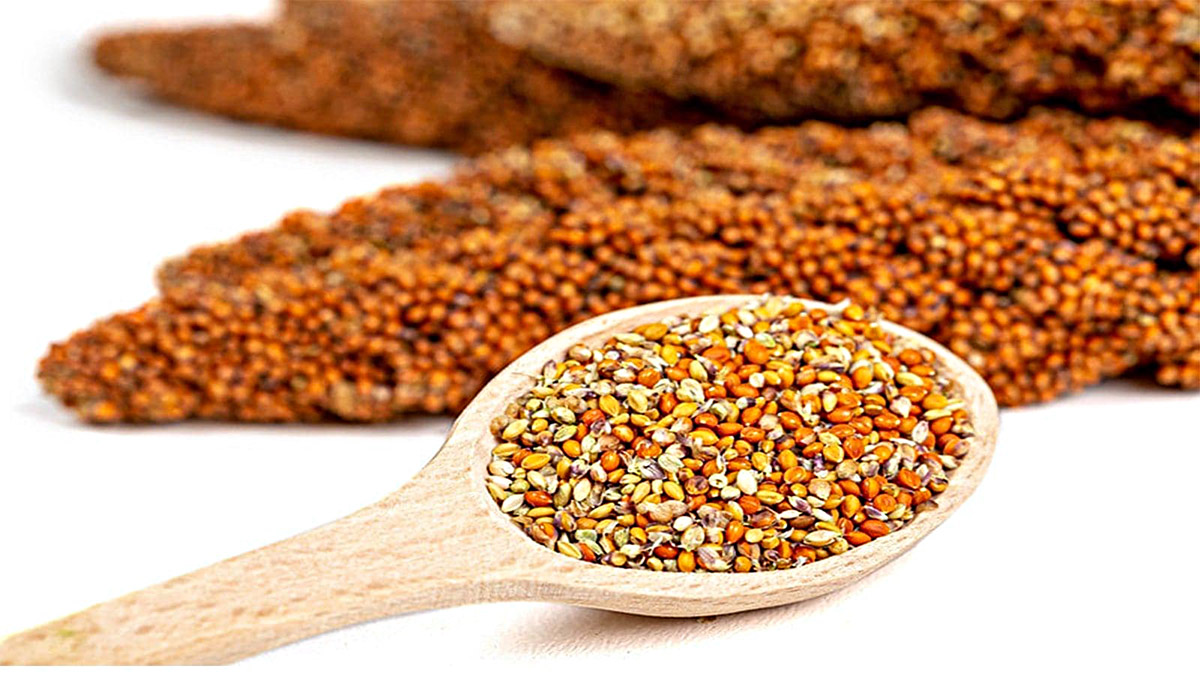
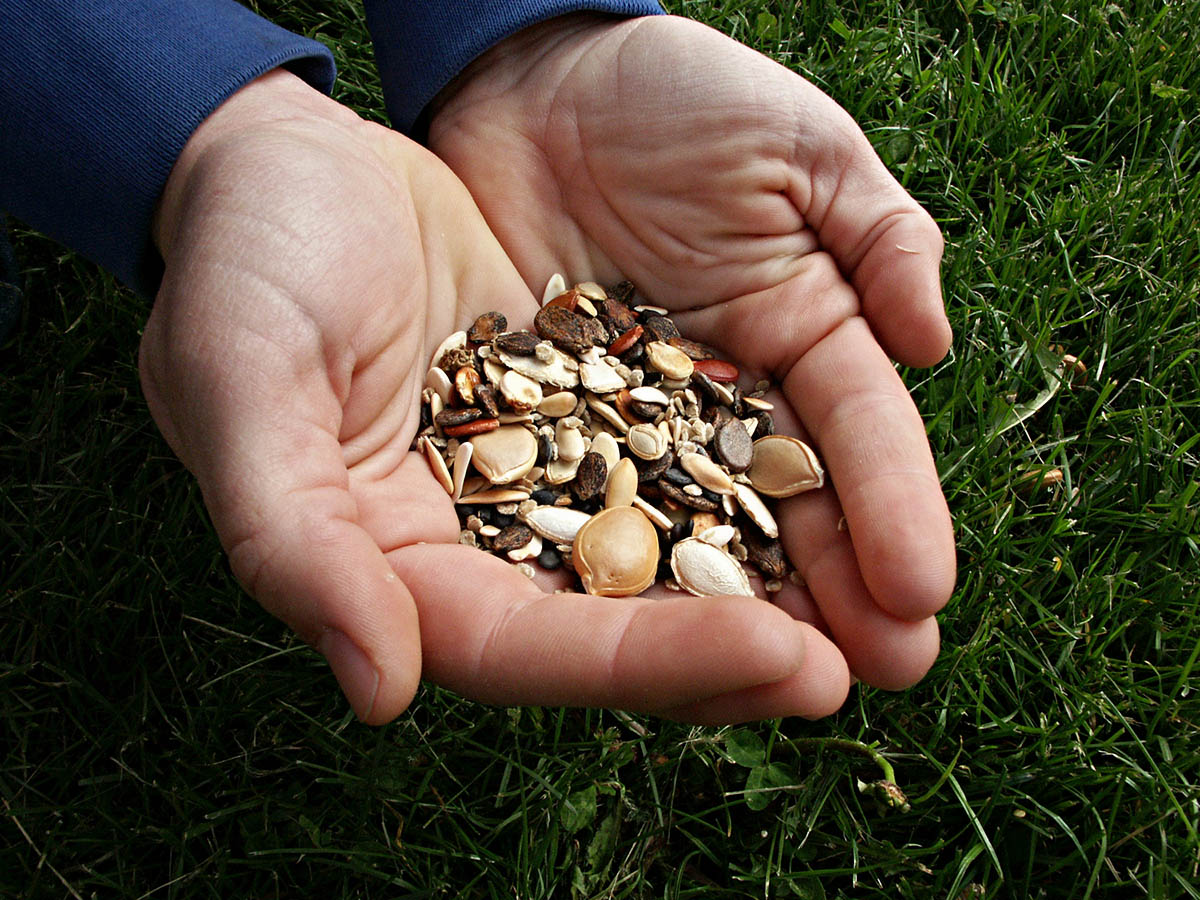

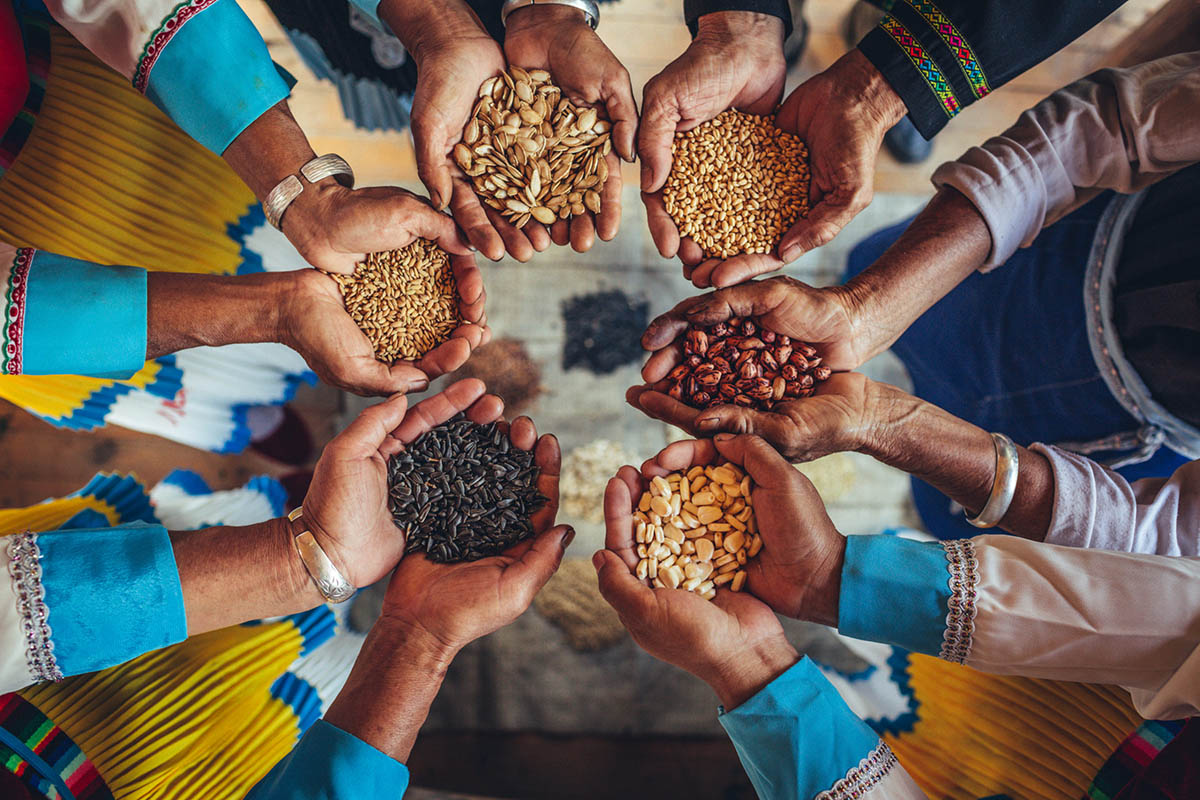

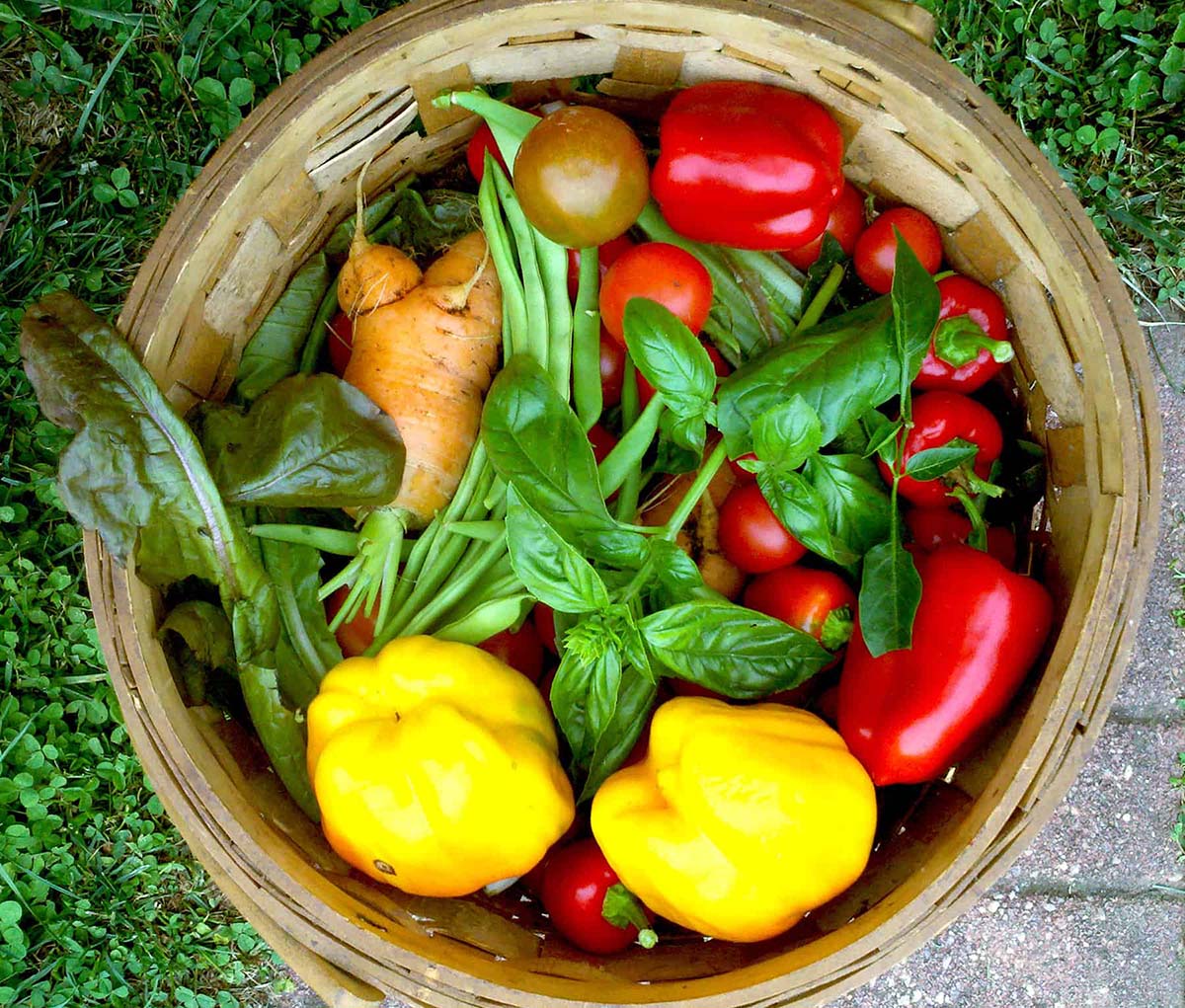




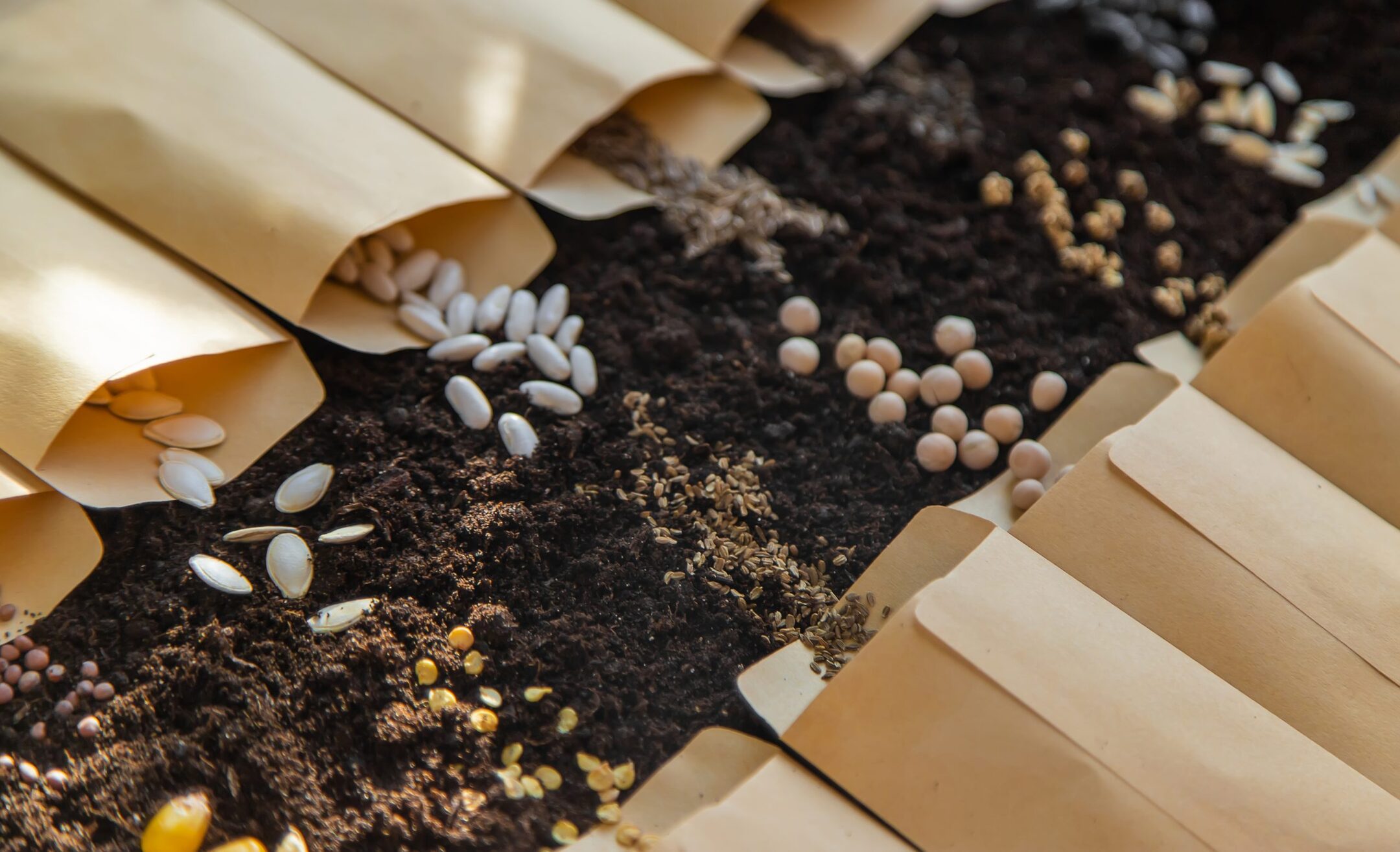

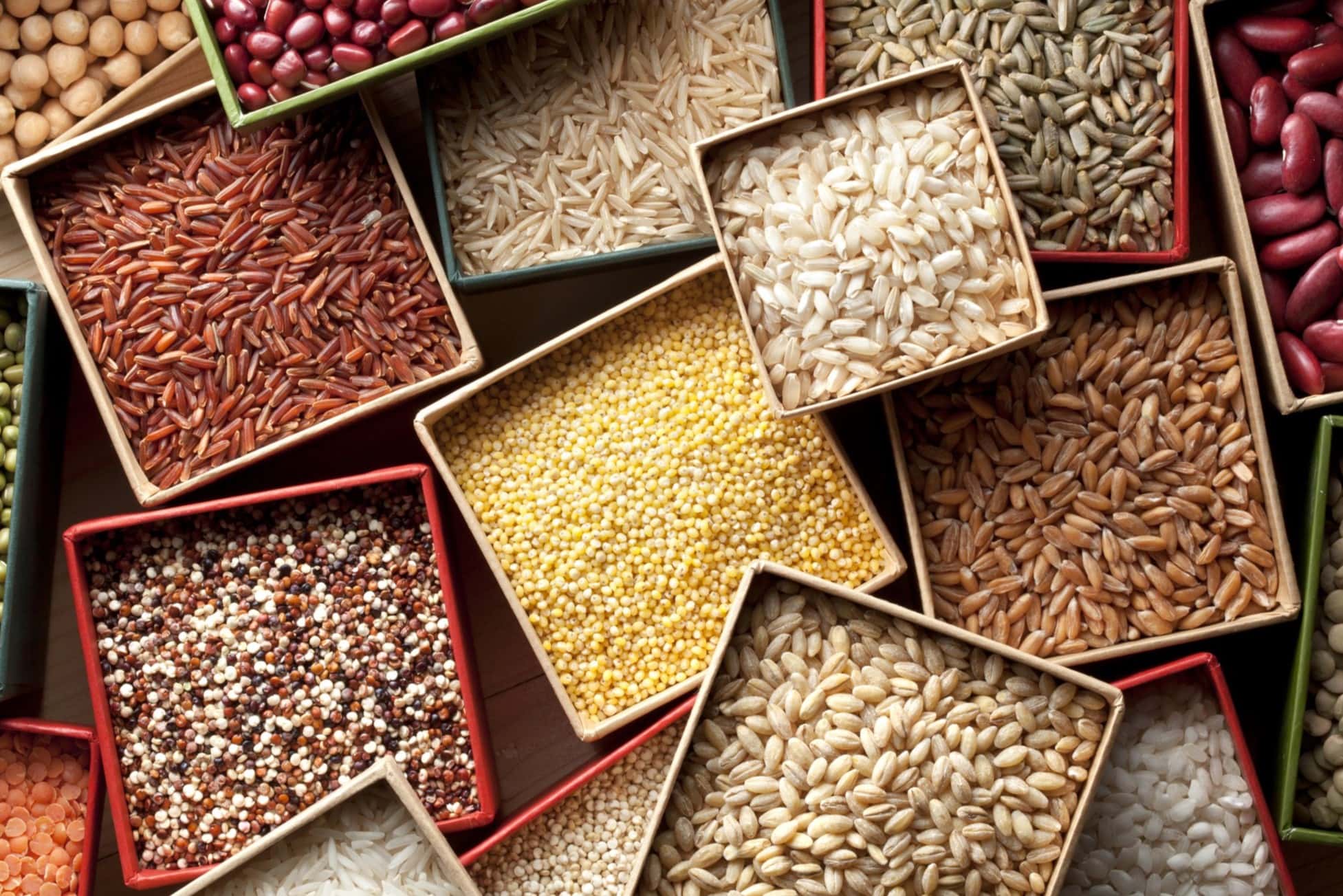
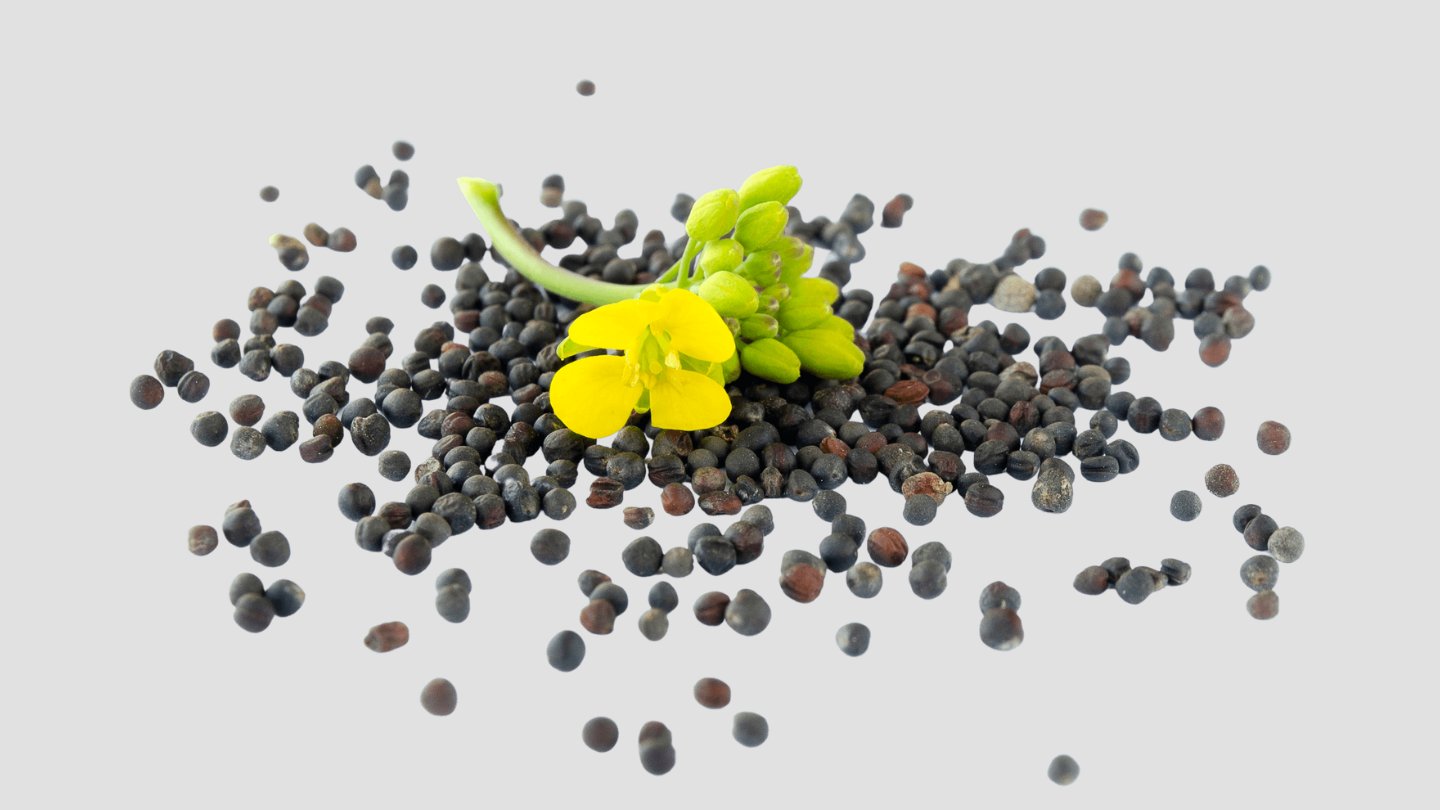

0 thoughts on “What Are Hybrid Seeds”